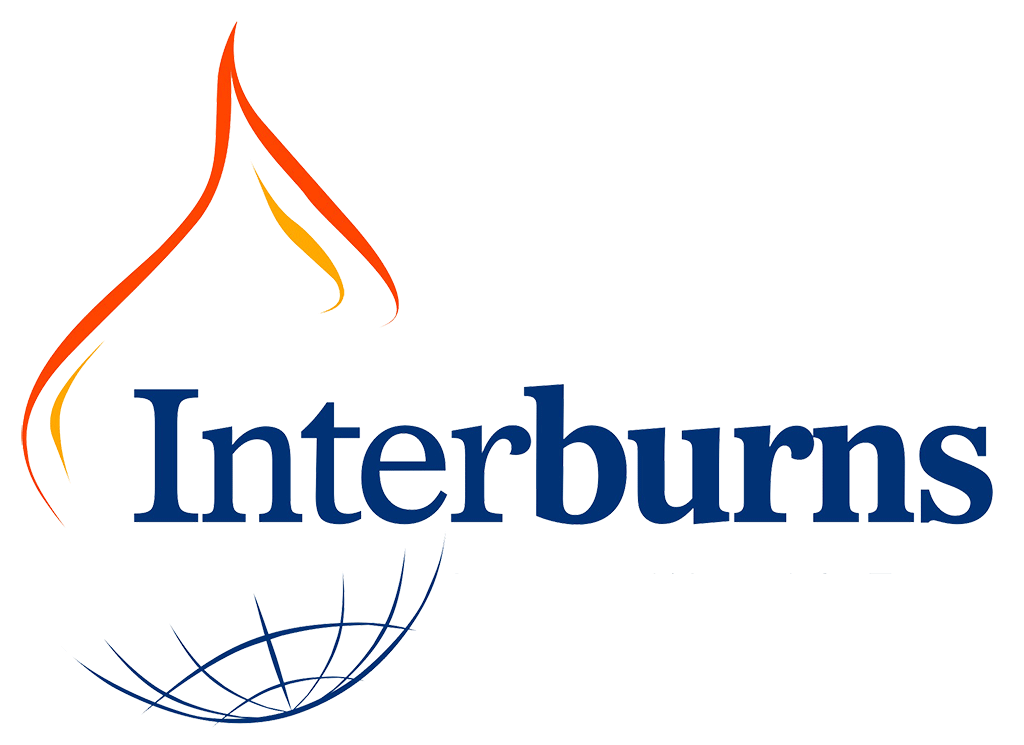Long term improvement in Nepal and Bangladesh
In 2013, Interburns began its first large international project funded by the UK Department for International Development (DFID). This was the start of a very successful project in which we and our parters supported 14 hospitals in Bangladesh and Nepal.
South Asia has one of the highest rates of burn injuries and deaths in the world. An estimated 173,000 Bangladeshi children are moderately or severely burnt every year and burns are the second most common form of injury in Nepal, with 5% of all disability in the country resulting from a burn and subsequent complications. Even a relatively minor or moderate burn can cause a high level of disability and suffering if not treated properly.
The overall aim was to see measurable improvements in burn services and the treatment of patients at community and national level centres specialising burns. We worked with 3 NGOs: Acid Survivors Foundation, Nepal Burn Society, and Sagun,
Interburns delivered a broad range of activities from capacity-building and training to assessing services, providing local staff with tailored support. The first project was successfully completed in 2016 and led to a further 3 year programme building on the foundation of the first, which ended in June 2019.
Over 6 years from 2013 to 2019, Interburns and its local partners exceeded all project targets and made a significant impact on the system of burn care in both countries:
All 14 project hospitals showed real improvements in multiple areas of care assessed against internationally-agreed Standards for Burn Services.
Almost 40,000 burn inpatients received improved care (39,967), with a further 173,399 outpatients receiving additional care.
1,599 health care professionals received training in burn care, with 1,477 participating in Essential Burn Care (EBC) programmes run by local partners in Bengali and Nepali, and a further 122 senior and experienced staff attending Advanced Burn Care training for their discipline.
4 new training programmes were developed specifically for staff working in burn care in resource-poor settings.
A Basic Burn Care training was developed for primary-level health care staff, while 3 Advanced Burn Care modules on Surgery, Nursing and Rehabilitation were created to develop advanced clinical skills and problem-solving. Together with our existing EBC course, this provides a comprehensive suite of training in burn care for staff working at all levels of the health system, all designed specifically for the challenges of working in environments with limited resources and funding.
4 community surveys were delivered in Nepal in 2014 and 2018, to understand the incidence, aetiology and attitudes towards burns in rural and urban communities. The surveys provided the foundation for the development of a community prevention programme, which is currently ongoing in Nepal as well as 2 other countries.
The projects relied on over a hundred volunteers with expertise in nursing, surgery, rehabilitation and physiotherapy, service development, research, community health and other fields, as well as hundreds of local staff.
Interburns would like to thank the UK Department for International Development (DFID) for their continuing support, as well as our partners in Bangladesh and Nepal, Acid Survivors Foundation, Nepal Burn Society and Sagun, for all their work in delivering these vital programmes.
